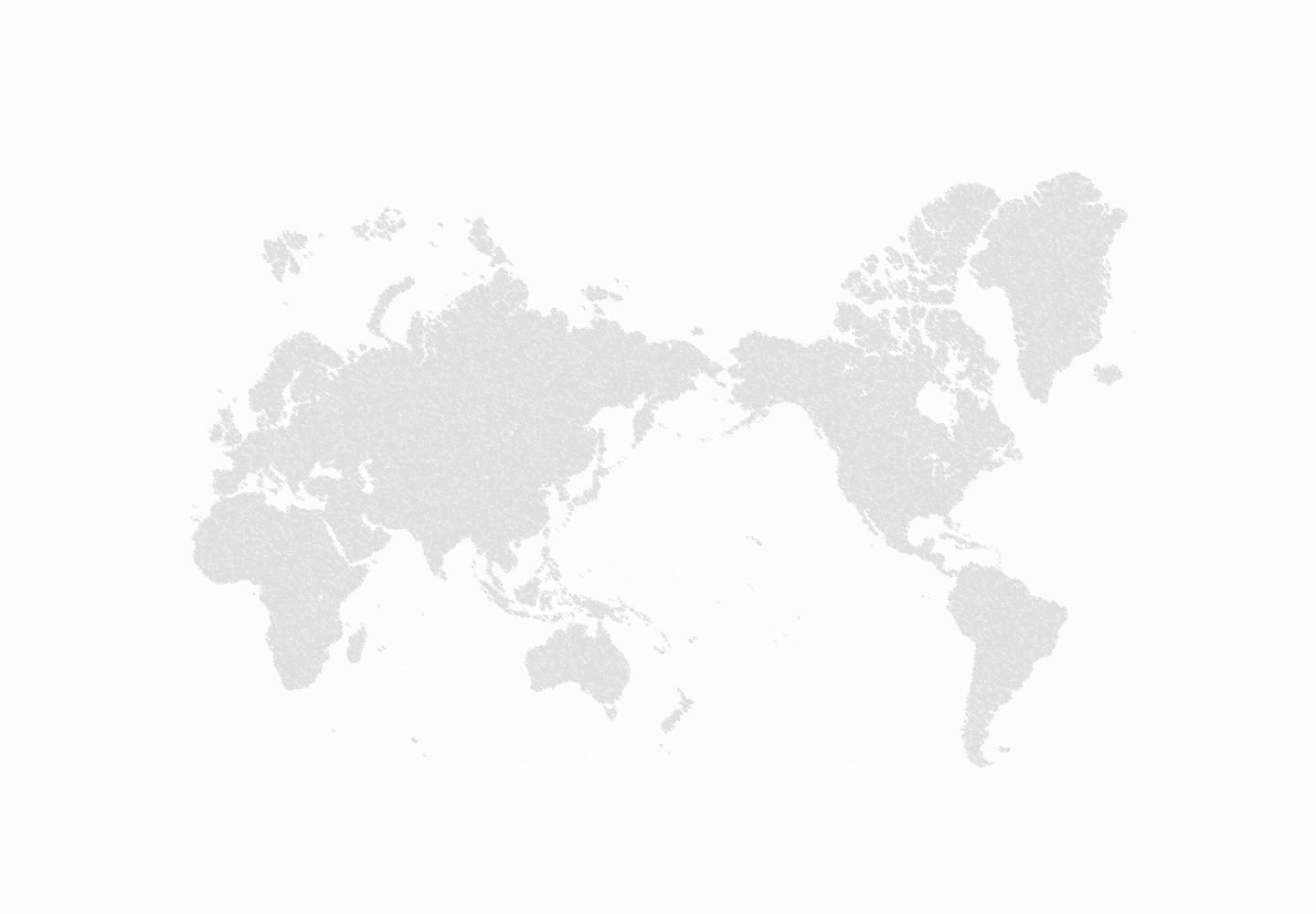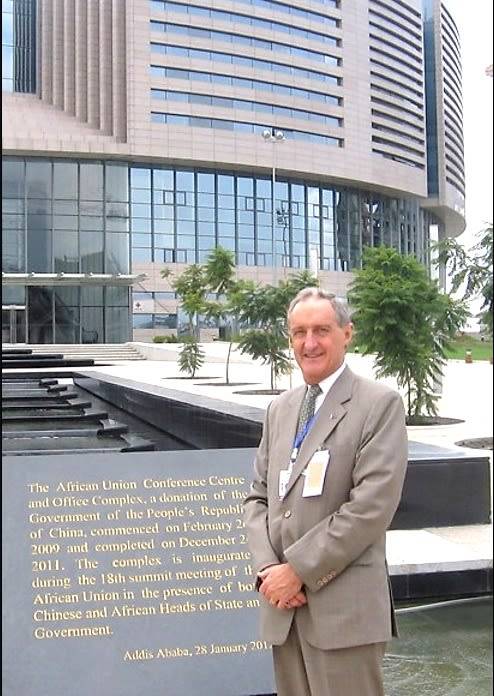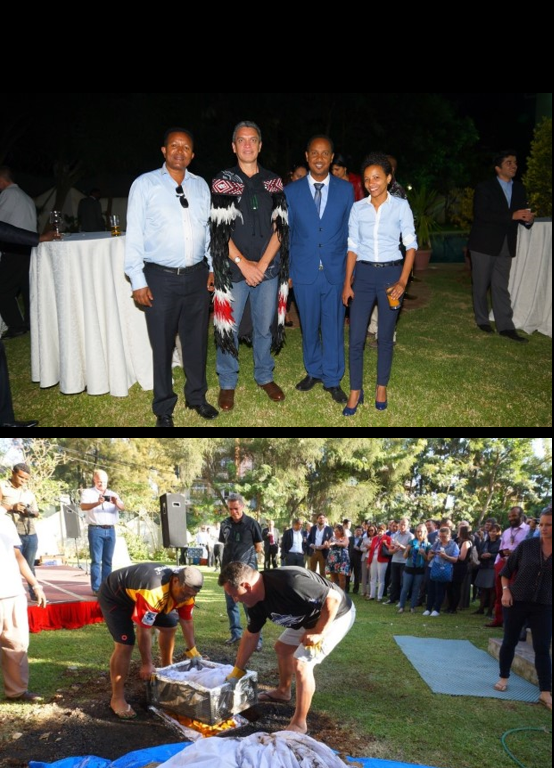
Addis Ababa
Our Story
A region of strategic importance
Addis Ababa is the newest New Zealand mission in Africa. Established in 2014, it is our third post in the African continent and is an example of how MFAT has used flexible working and “suitcase diplomacy” to extend New Zealand’s reach abroad.
Ethiopia is an important location for New Zealand diplomacy. Its capital Addis Ababa hosts the headquarters of the African Union, a bloc of 55 member states who play a leading role in negotiating United Nations peacekeeping missions across the continent. African nations are important influencers in many of the international institutions New Zealand is a member of, including the Commonwealth, where they make up 19 of the 53 member states.
Rapid growth in many key African economies has meant building New Zealand’s footprint in the continent has always been part of our longer-term vision. However, it was Prime Minister John Key’s 2009 announcement that New Zealand would be campaigning for a non-permanent seat on the United Nations Security Council for 2015-2016 which provided impetus for the establishment of a base in Addis Ababa. This would allow New Zealand to access key decision makers from across the continent, building relationships with a region that plays an important role on the world stage.
New Zealand’s first “suitcase diplomat”
The idea of “hubs and spokes diplomacy” was championed by Foreign Minister Murray McCully in a 2011 speech. Emphasising that strong foreign relationships were critical for New Zealand in a changing and turbulent world, the Minister advocated for an approach where ambassadors travelled out of central hubs for short stints to build relationships that advanced New Zealand’s strategic interests. Dubbed “suitcase diplomacy”, this required a novel and flexible approach to relationship building.
The first New Zealand suitcase diplomat was James Kember, the Director of the Ministry’s United Nations, Human Rights and Commonwealth Division. Based in Wellington, every three months James would travel to Addis Ababa for one month at a time, taking his Ministry laptop and briefcase as a mobile MFAT office.
Suitcase diplomacy was not without its challenges, particularly in terms of security. While Ethiopia is an influential and stabilising regional player, it experiences security issues from time to time. Climate conditions also mean the country experiences frequent drought.
James took this in his stride, becoming a familiar sight in the corridors of African Union Summits where he built relationships with African ministers to secure vital support for New Zealand’s United Nations Security Council campaign.
Suitcase diplomacy required innovation and as Kiwis, we pride ourselves on our No.8 wire mentality. The same can be said for Africans: a little African ingenuity can go a long way. James fondly recalls his on-call driver (later to become the first local embassy staffer) Zewdu Belay, affixing a flagpole and the New Zealand flag to his private Land-Rover. This suddenly improved access to government offices.
By 2013, the New Zealand Embassy was finally set up in Apartment 381 of the Addis Hilton Hotel, next door to the Australian Embassy. And James and his team, comprising seconded officials and locally engaged staffers, moved in.
James’ skills and regional knowledge saw him go on to become New Zealand’s first ambassador to the African Union, Ethiopia, and Djibouti, and New Zealand High Commissioner to Rwanda, and the Seychelles.
James cites two moments as defining his time in Addis Ababa. The first was the sense of achievement he felt when seeing post up and running with staff and equipment. The second was Team Africa’s contribution in helping shore up support for New Zealand’s UN Security Council campaign.
Image: James Kember in front of the new African Union Headquarters building, opened in 2013.
Credit: James Kember
Building regional influence
The embassy in Addis Ababa allowed access to high level decision makers throughout the African Union and helped to entrench New Zealand’s reputation as an honest broker and good listener. New Zealand perspectives were often different to what African countries were used to hearing, and this was welcomed and appreciated.
New Zealand has long been an advocate of increasing access to international and regional institutions, helping build capacity to negotiate their structures and rules. Since 1961, New Zealand has produced a handbook to the United Nations. Published at the beginning of each General Assembly, the handbook is designed to make UN processes more accessible and is used by diplomats, non-governmental organisations, officials, media, academics and the public.
In 2014, New Zealand continued this tradition by publishing the first handbook to the African Union, an act which reinforced our commitment to multilateral institutions and diplomacy as important arbiters in conflict resolution, and New Zealand’s relationship with the region. The launch was attended by Foreign Minister Murray McCully.
That same year, New Zealand was elected to the UN Security Council for 2015-16. In 2015, James handed the reigns as Head of Mission over to Bruce Shepherd. New Zealand began to expand its presence in West Africa with additional accreditation from Ghana, and consular services for Kenya (transferred from Pretoria) and Nigeria (transferred from London).
Our increased presence in Africa enabled New Zealand to ensure the information it drew from in decision-making was as accurate as possible. Bruce was supported by Nicole Roberton, New Zealand’s Special Representative for UN Security Council Issues during our two-year term, and seconded officer Charles Kingston to Ghana, where he provided support for New Zealand’s relationship with the Economic Community of West African States (ECOWAS), a regional union of 15 states which plays an important role in peacekeeping across the region. Information from Addis and Ghana, supported by Wellington, was checked against what was being discussed in the negotiation rooms in New York. The team travelled to countries on the UN Security Council agenda such as Burundi, Rwanda, the Democratic Republic of the Congo, South Sudan and others, to understand the complexities of the issues, and engage with key actors in UN peacekeeping operations.
Alongside the UN Security Council work, the team in Addis Ababa was working hard to build our bilateral relationships in Ethiopia, Djibouti, Rwanda, Seychelles, Uganda, Ghana, Kenya, and Nigeria. During this time, New Zealand also contributed to development projects that were focused on the geothermal and agricultural sectors using a targeted and practical approach. These projects included dairy development in Ethiopia, a partnership with Olivado in Kenya to grow avocados, and a nutrition partnership in Rwanda with the Clinton Health Access Initiative.
According to Nicole, New Zealand’s efforts to ensure information on the ground was as accurate as possible when shaping decisions in international forums was appreciated, and our engagement showed we cared, even though we were very far away.
Developing enduring partnerships
To continue this spirit of partnership, and increase understanding, the Ministry established an African English Language Training for Officials programme in Wellington in 2014. Now on its tenth intake, the programme pairs officials from African nations with Ministry staff for English lessons and cultural exchange.
In May 2018, our relationship and status as a principled partner was recognised when we co-hosted a New Zealand-African Union Peace Support Operations meeting. This event was organised by our third Head of Mission Mark Ramsden and was a prelude to the 2018 International Association of Peacekeeping Training Centres Annual Conference, which New Zealand hosted later in the year. It was a great success, with over 80 senior military, police, and policy officials came together from all over Africa. The African Union Commissioner for Peace and Security Smaïl Chergui and (then) Chief of Defence Force Lieutenant General Keating opened the meeting. Throughout the proceedings, no participant questioned why New Zealand – small and distant from Africa – was the co-host. While New Zealand will never be a big player on the African continent, the meeting showed that we have established ourselves, nevertheless, as a legitimate and valued partner.
All of those who served, or are currently serving, in Addis Ababa spoke of the positive, enriching experience of serving New Zealand’s interests abroad in an environment shaped by challenges, but filled with hope and promise.
Top: Ambassador Bruce Shepherd celebrating Waitangi Day 2016 with NZ Embassy staff, Zedwu, Tewdros and Eden.
Bottom: The baskets coming out of the hangi, Waitangi Day 2016.


